F.A.Q

Whether you’re running your site on shared infrastructure, a virtual machine or a dedicated server ,installing an SSL certificate enables both HTTP and HTTPS access. Only HTTPS encrypts the data exchanged between the server and your visitors. To ensure full security and SEO compliance, you should enforce HTTPS site-wide using .htaccess. Prerequisites Before proceeding, make […]
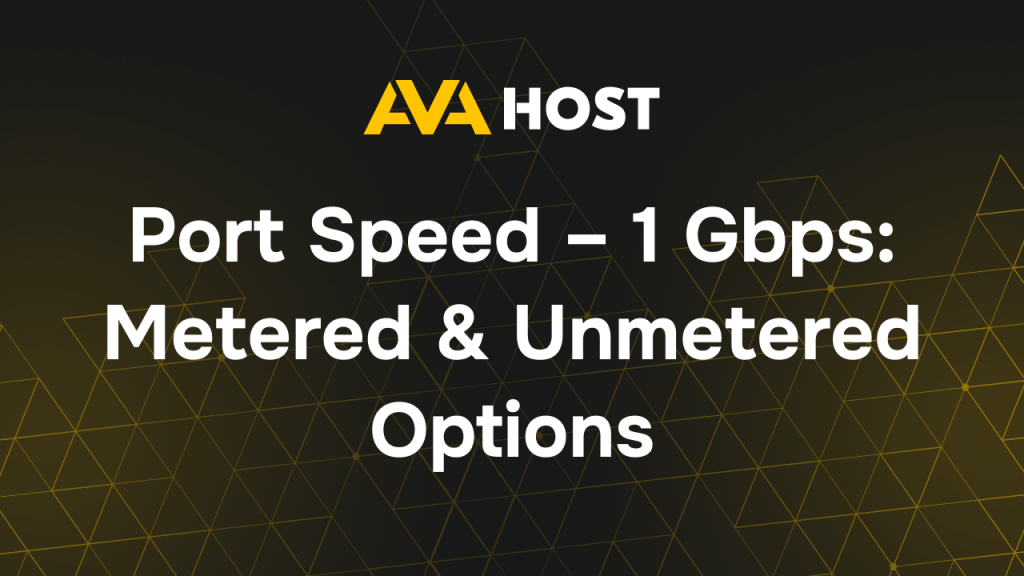
Extended Explanation and Recommendations for AvaHost 1 Gbps Port Options AvaHost offers a robust set of 1 Gbps port options that cater to different types of business needs, whether you require standard speeds for moderate workloads or enterprise-grade bandwidth for heavy, high-traffic environments. Understanding the differences between these options is crucial to selecting the most […]
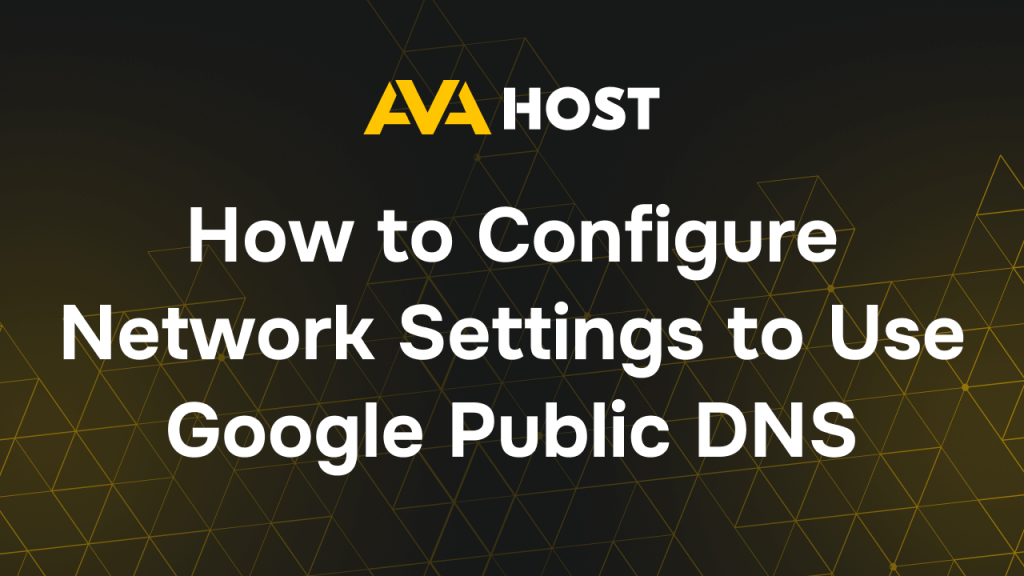
How to Set Up Google Public DNS for Enhanced Internet Performance Google Public DNS boosts your internet experience by offering faster, more secure, and reliable domain name resolution. The Domain Name System (DNS) converts user-friendly names (like google.com) into IP addresses. Switching to Google’s public DNS servers (8.8.8.8 and 8.8.4.4) from your ISP’s default provides […]

Protecting your website with a password is one of the simplest and most effective ways to limit access to sensitive content. Whether you’re restricting access to a development site, admin area, or staging environment, the .htaccess + .htpasswd method is a reliable solution for Apache servers. At the web‑server level, this approach not only safeguards user‑facing pages […]

If you’re running a website on an Apache server, the .htaccess file is one of the most powerful tools at your disposal. It allows you to control how your URLs behave — from redirections to clean URL rewriting — without needing to change your actual server configuration. In this article, we’ll cover the basics of […]
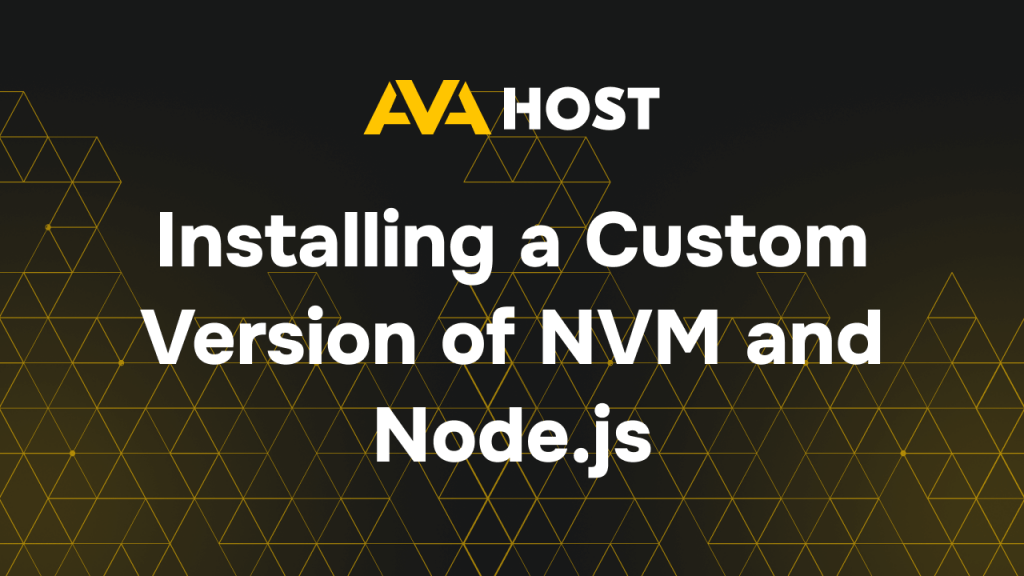
When working with Node.js development environments, flexibility is key. The Node Version Manager (NVM) is a powerful tool that lets developers easily install and manage multiple versions of Node.js on a single system. However, there are times when you might need to install a custom version of NVM or Node.js in your virtual machine— for […]

Nginx is a high-performance, open-source web server trusted by millions of developers and businesses worldwide. It’s known for its speed, scalability, and resource efficiency, which makes it one of the most popular choices for: Hosting websites and web applications Acting as a reverse proxy to distribute requests between backend servers Load balancing traffic to improve […]

Streamline Linux Navigation Navigating directories on your AvaHost Linux server just got easier! The pushd and popd commands are powerful tools for moving through complex folder structures without losing track of where you’ve been. Perfect for system admins, developers, or anyone working in a Linux terminal, this guide shows you how to use these commands […]
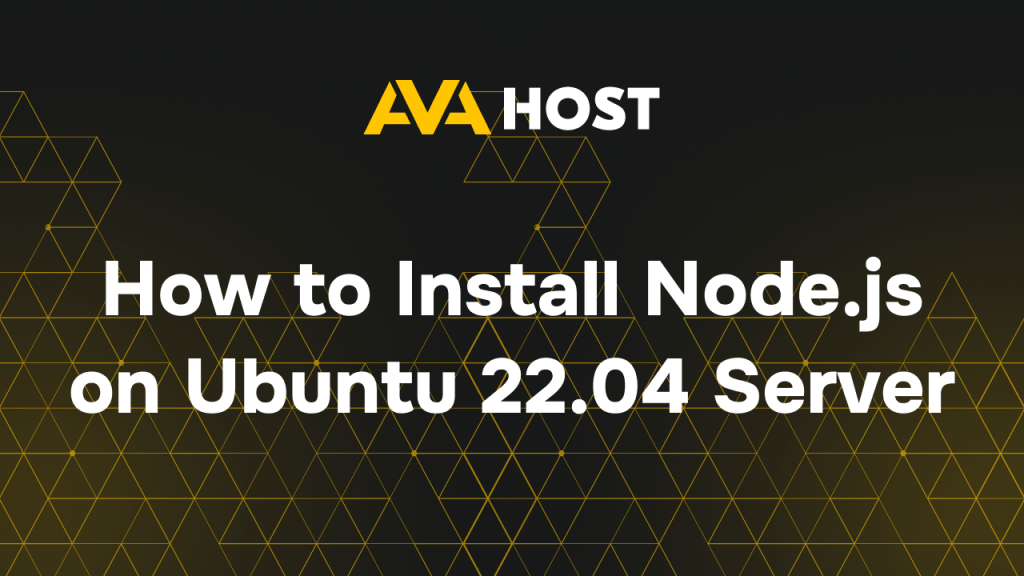
Node.js is a powerful, open-source JavaScript runtime environment that allows you to run JavaScript code outside the browser — making it ideal for building fast and scalable web applications. If you’re working on Ubuntu 22.04 dedicated server and want to get started with Node.js, this guide will walk you through the process of installing it […]
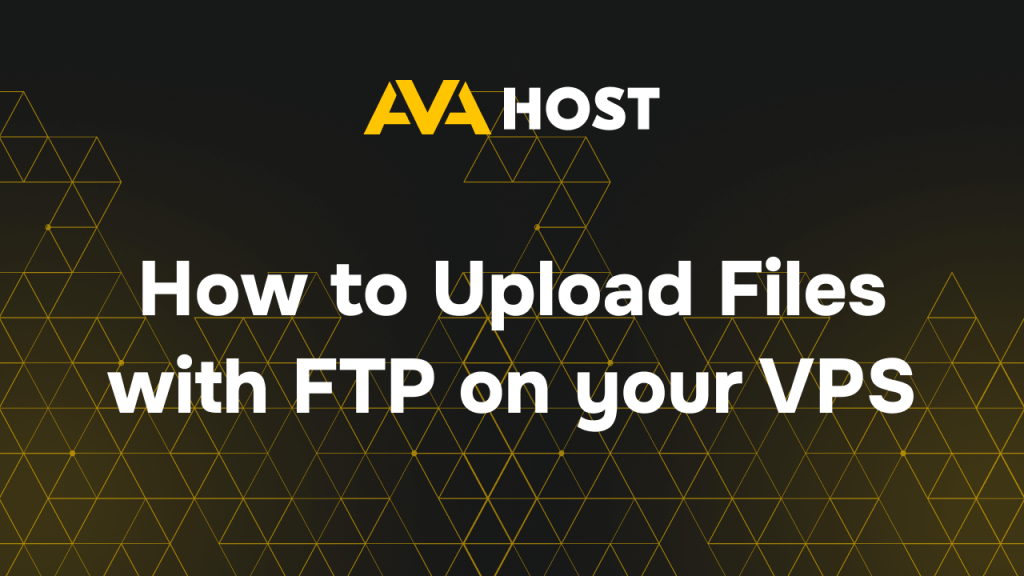
If you manage a website or work with web hosting, chances are you’ve come across FTP (File Transfer Protocol). It’s one of the most reliable and widely used methods for transferring files between your computer and a remote server. In this guide, we’ll walk you through the process of uploading files using FTP, step by […]

